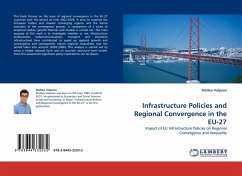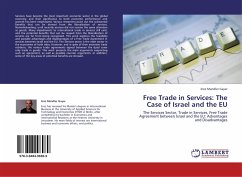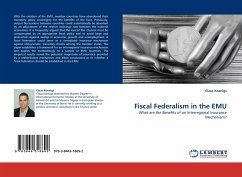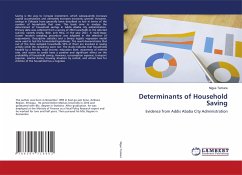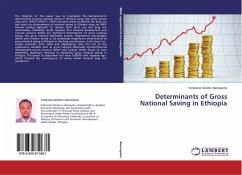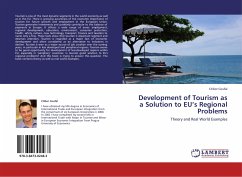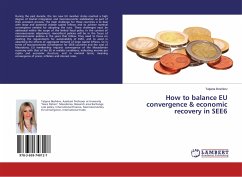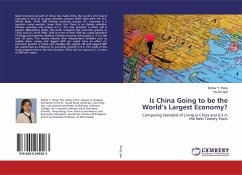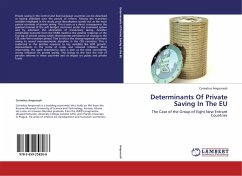
Determinants Of Private Saving In The EU
The Case of the Group of Eight New Entrant Countries
Versandkostenfrei!
Versandfertig in 6-10 Tagen
32,99 €
inkl. MwSt.

PAYBACK Punkte
16 °P sammeln!
Private saving in the Central and East European countries can be described as having stabilised over the period of reform. Among the transition variables employed in the study, price liberalisation stands out as the most potent correlate of private saving. This is seen as a direct consequence the gradual removal of the soft budget constraint under the command system and by extension the elimination of involuntary saving. Another remarkable outcome from the GMM model is the positive response of the first lag of private saving which demonstrates persistence of savings in the CEE over the transit...
Private saving in the Central and East European countries can be described as having stabilised over the period of reform. Among the transition variables employed in the study, price liberalisation stands out as the most potent correlate of private saving. This is seen as a direct consequence the gradual removal of the soft budget constraint under the command system and by extension the elimination of involuntary saving. Another remarkable outcome from the GMM model is the positive response of the first lag of private saving which demonstrates persistence of savings in the CEE over the transition period. Tied to this is the strong response of private saving to sound macroeconomic discipline in the CEE countries. This is evidenced in the positive response to key variables like GDP growth, improvements in the terms of trade and reduced inflation. Most importantly, the aged dependency ratio is seen as the most consistently strong influence on private saving. This brings to the fore the role of pension reforms in these countries and its impact on public and private funds.



